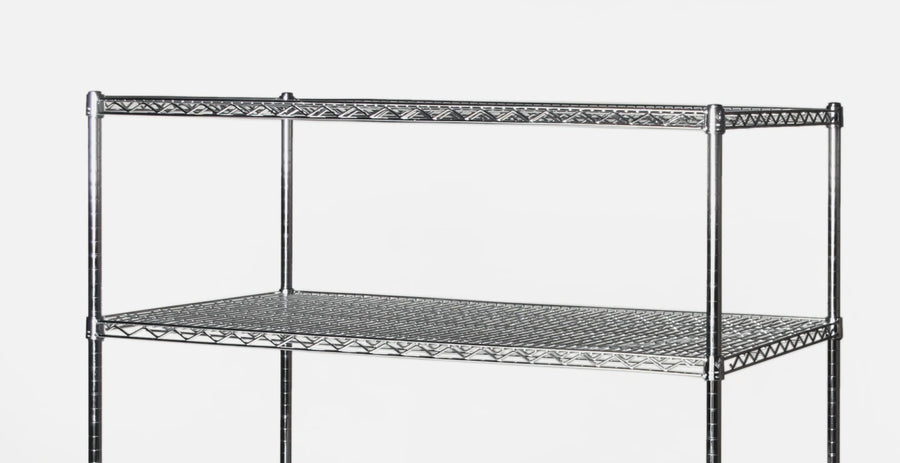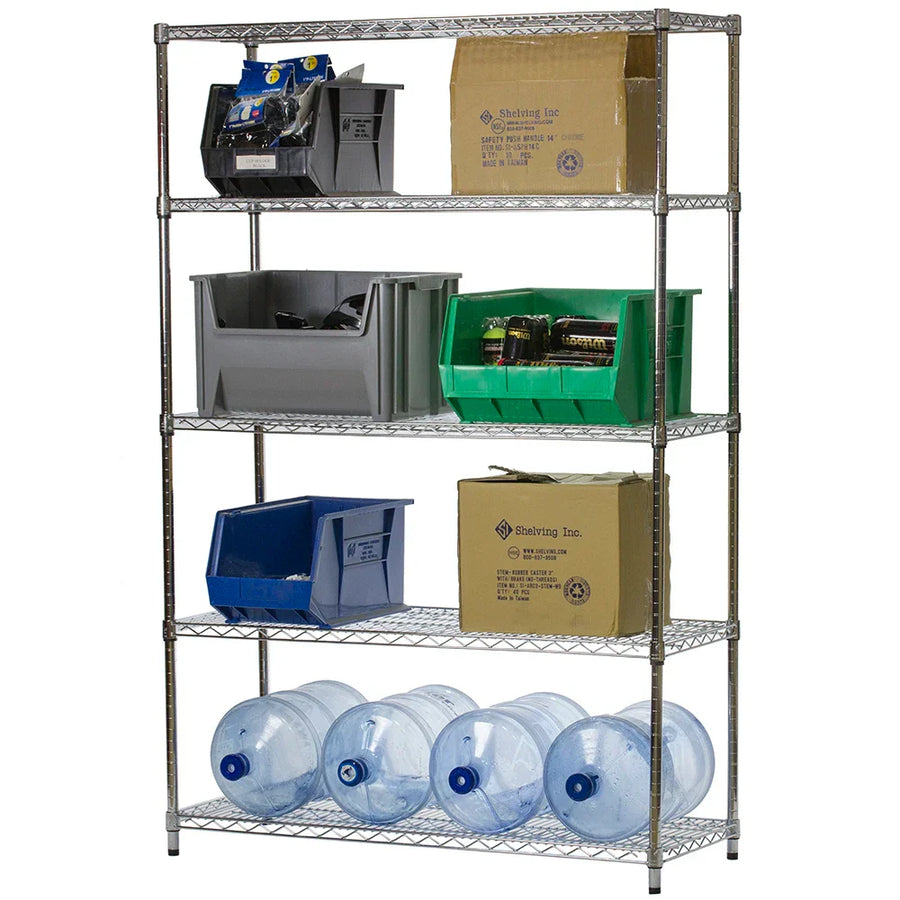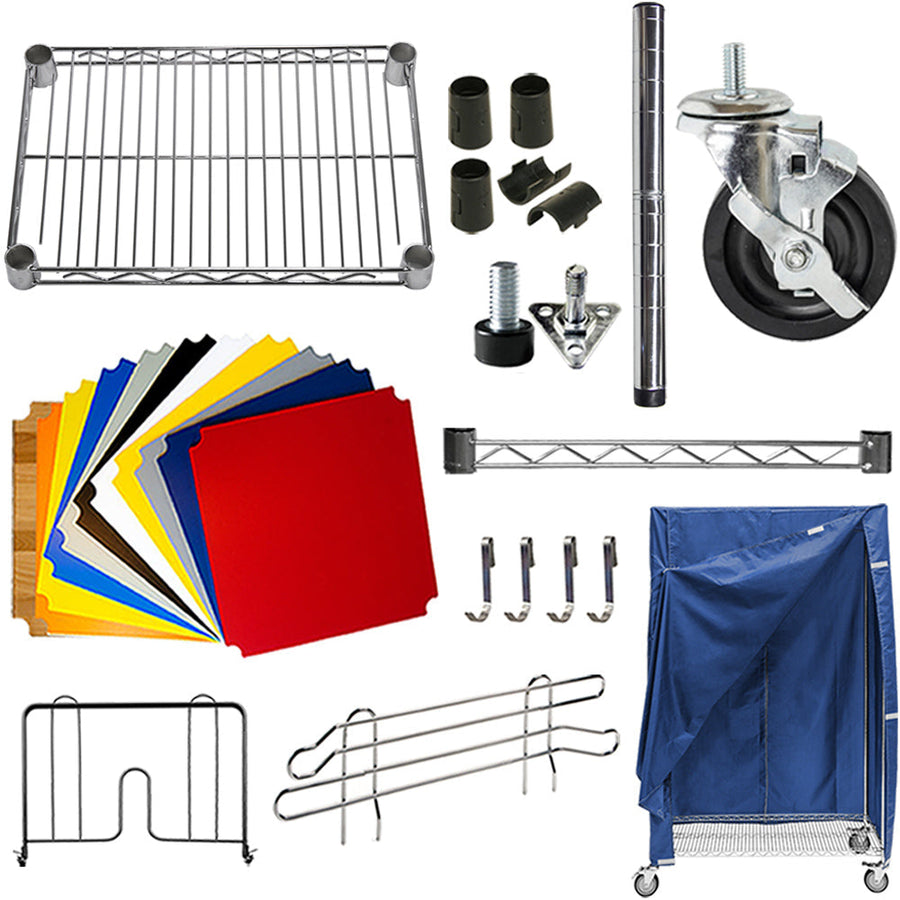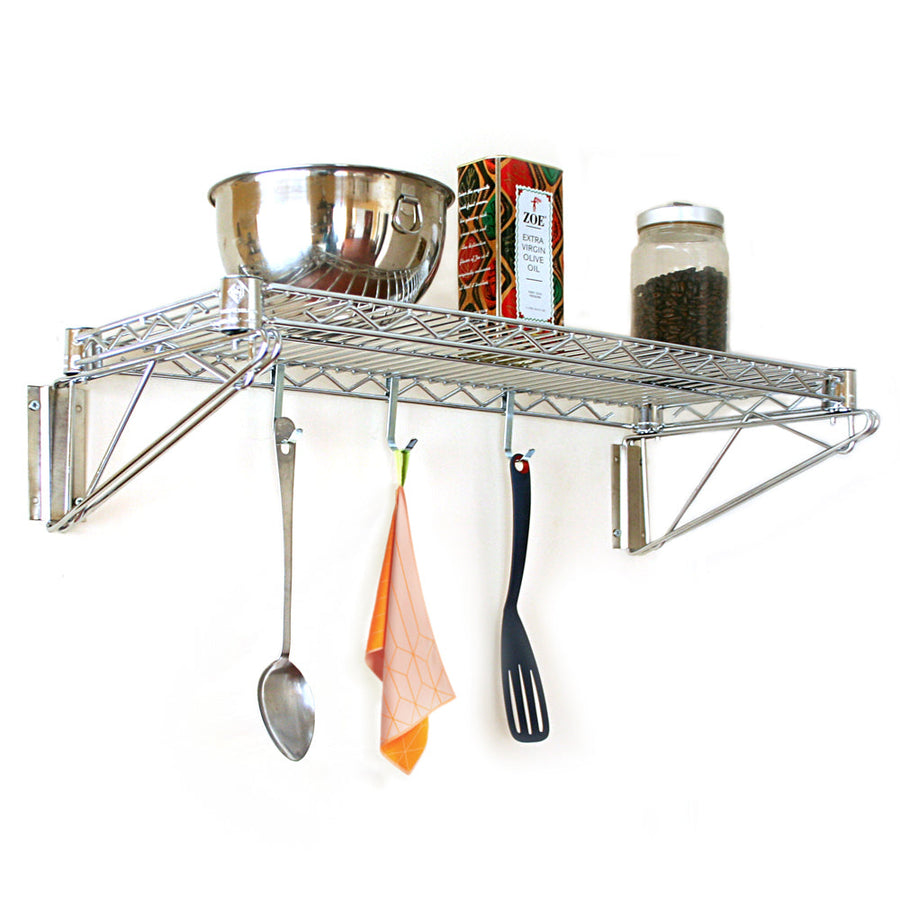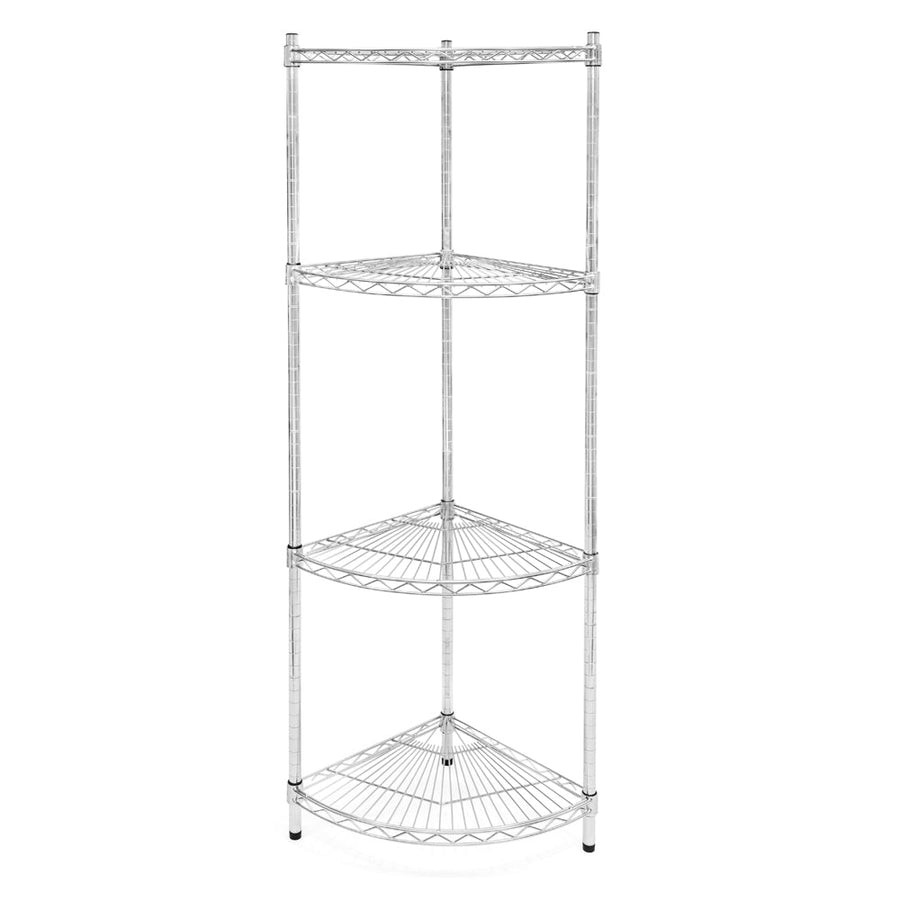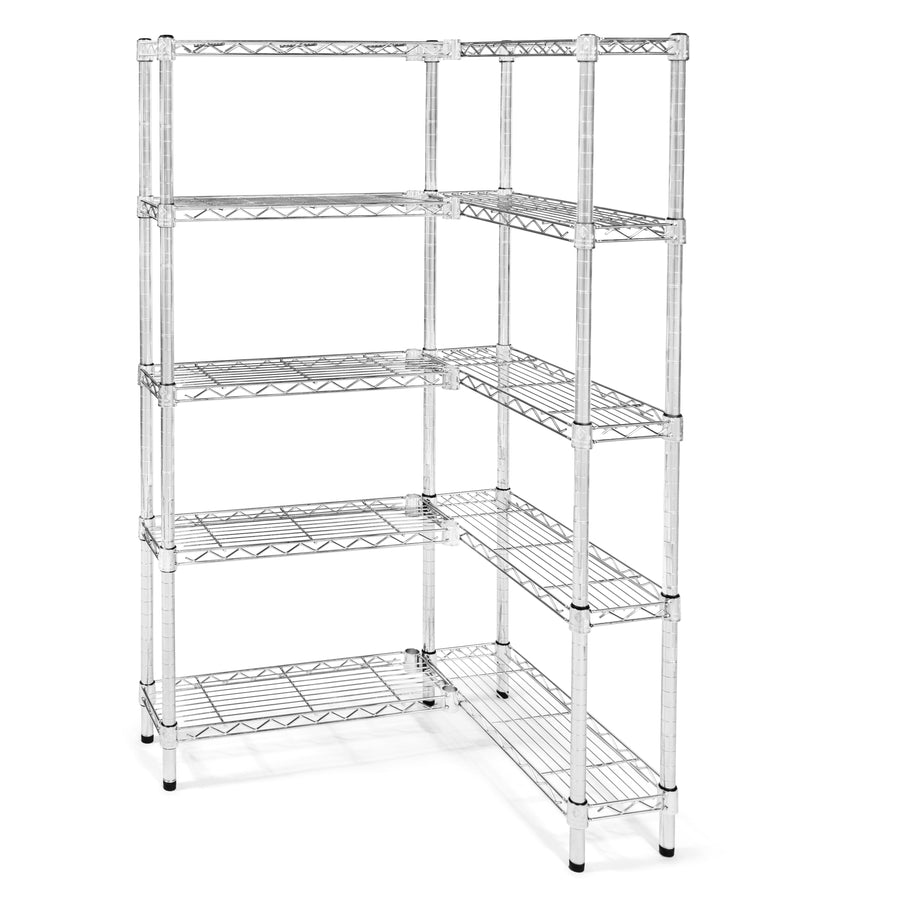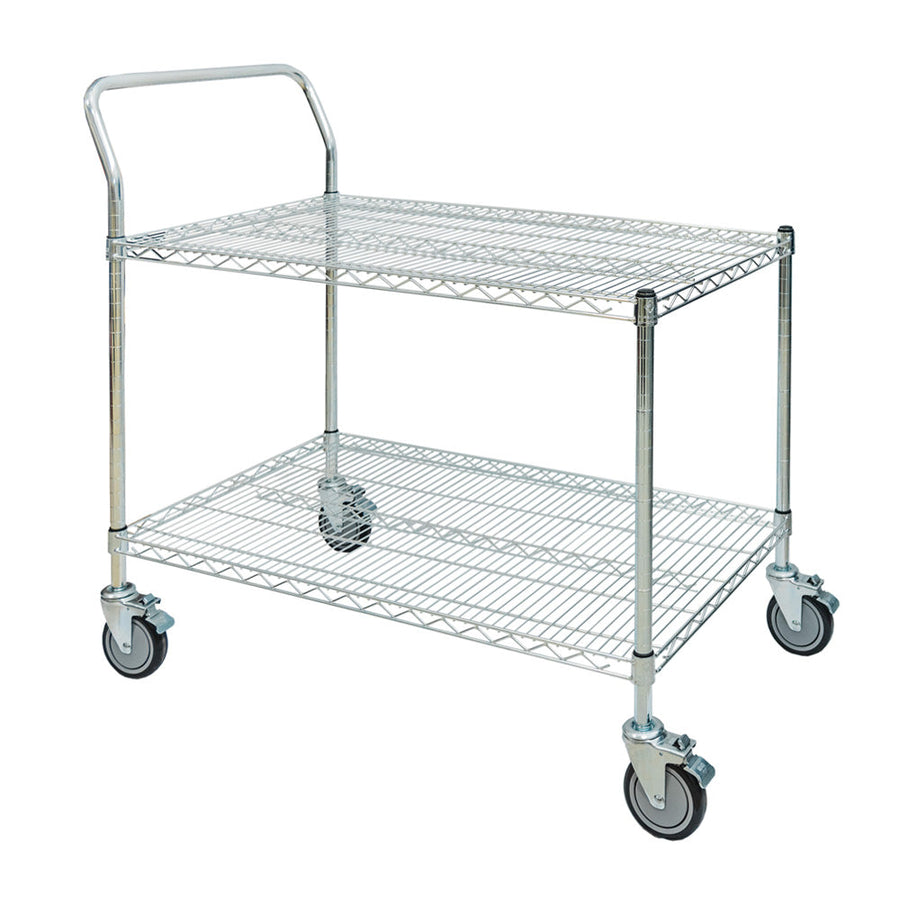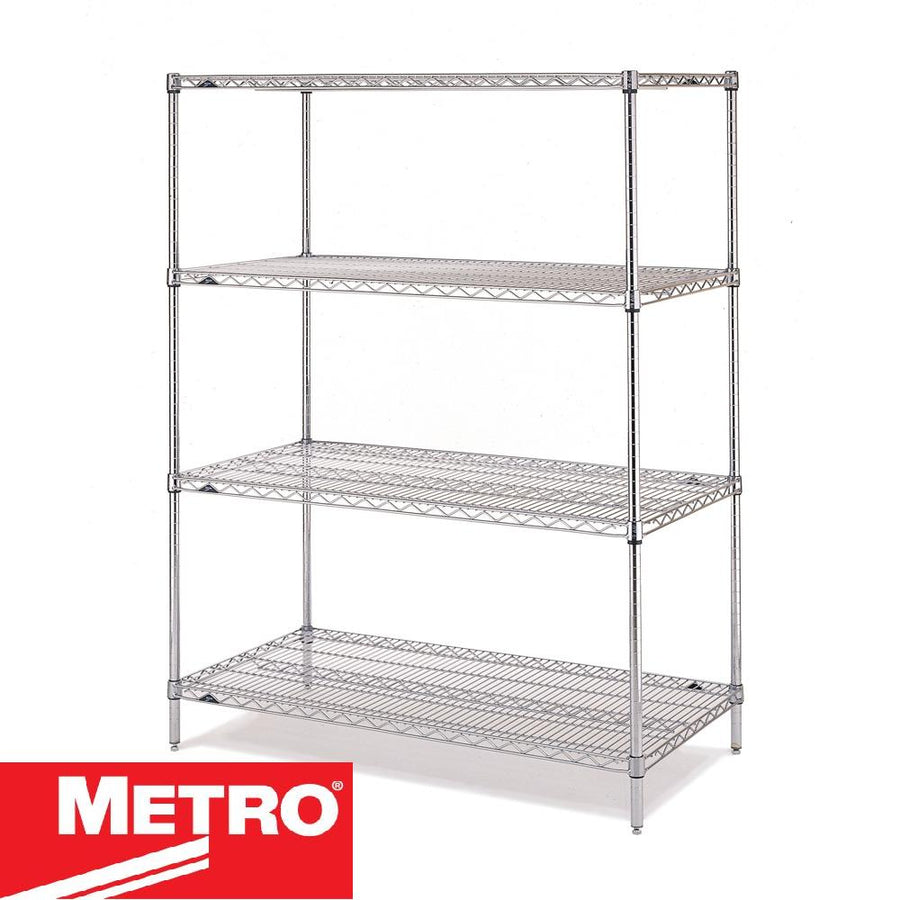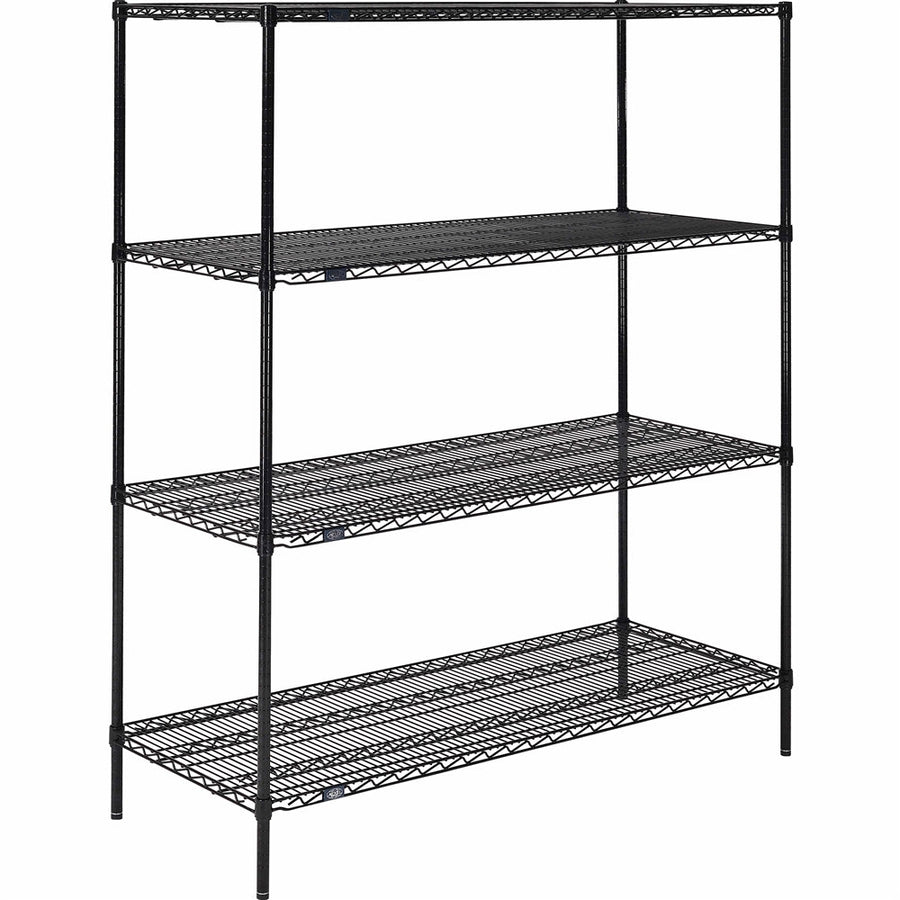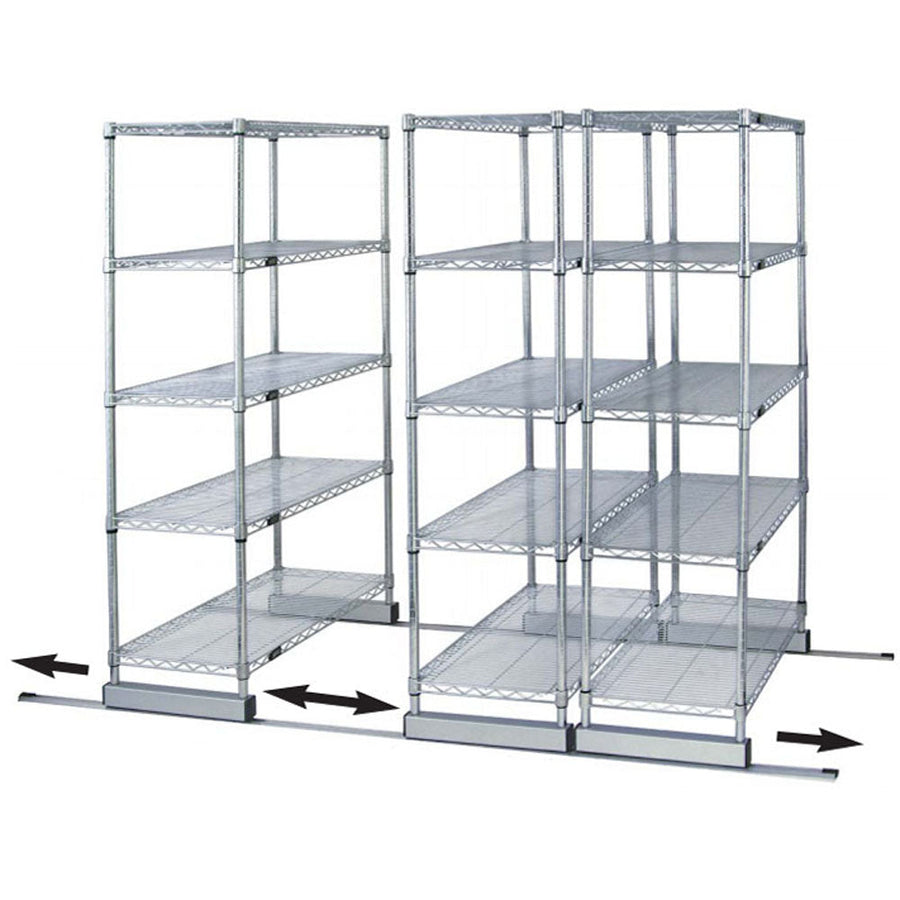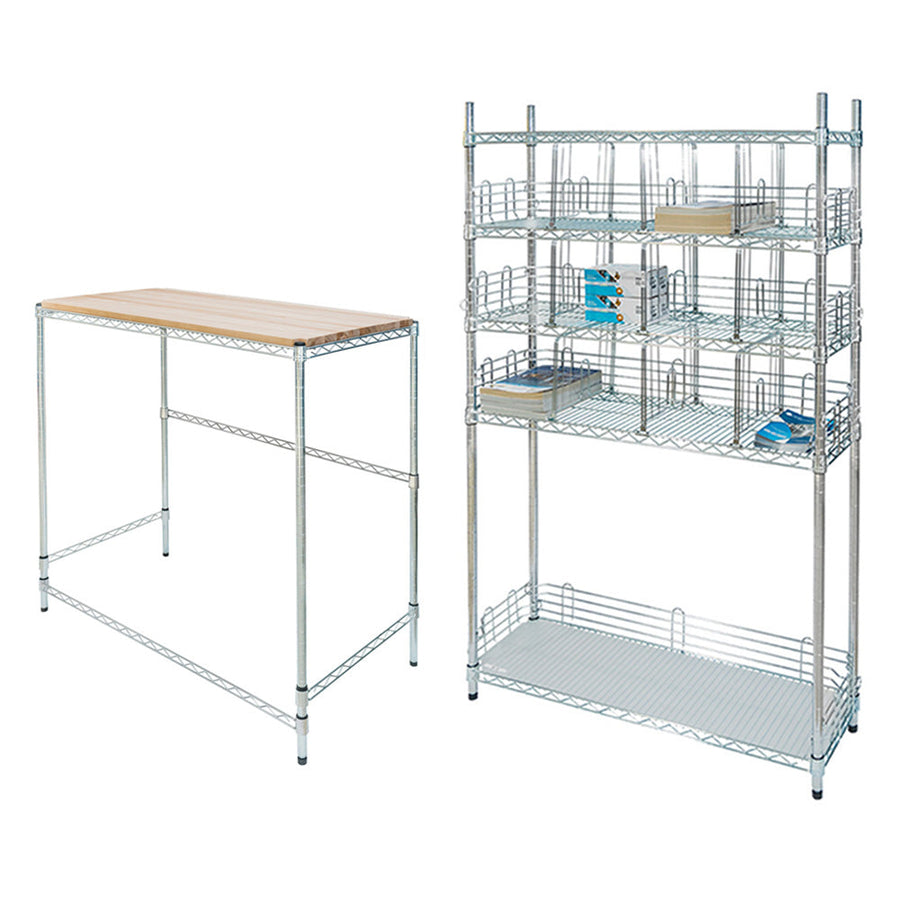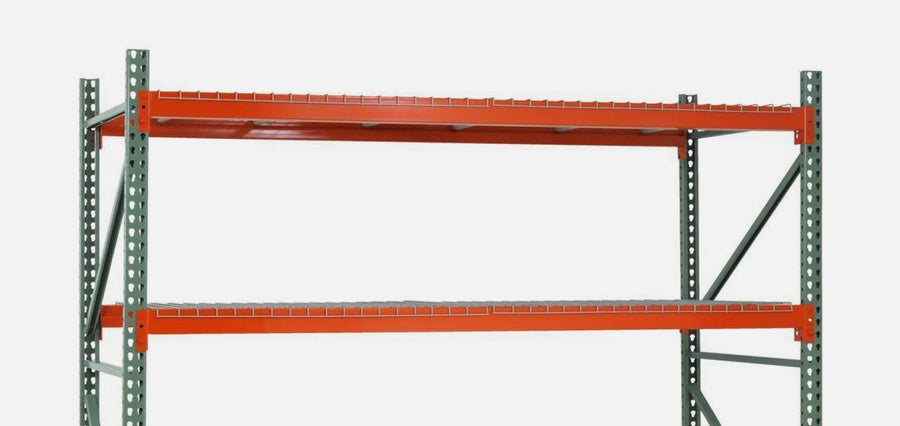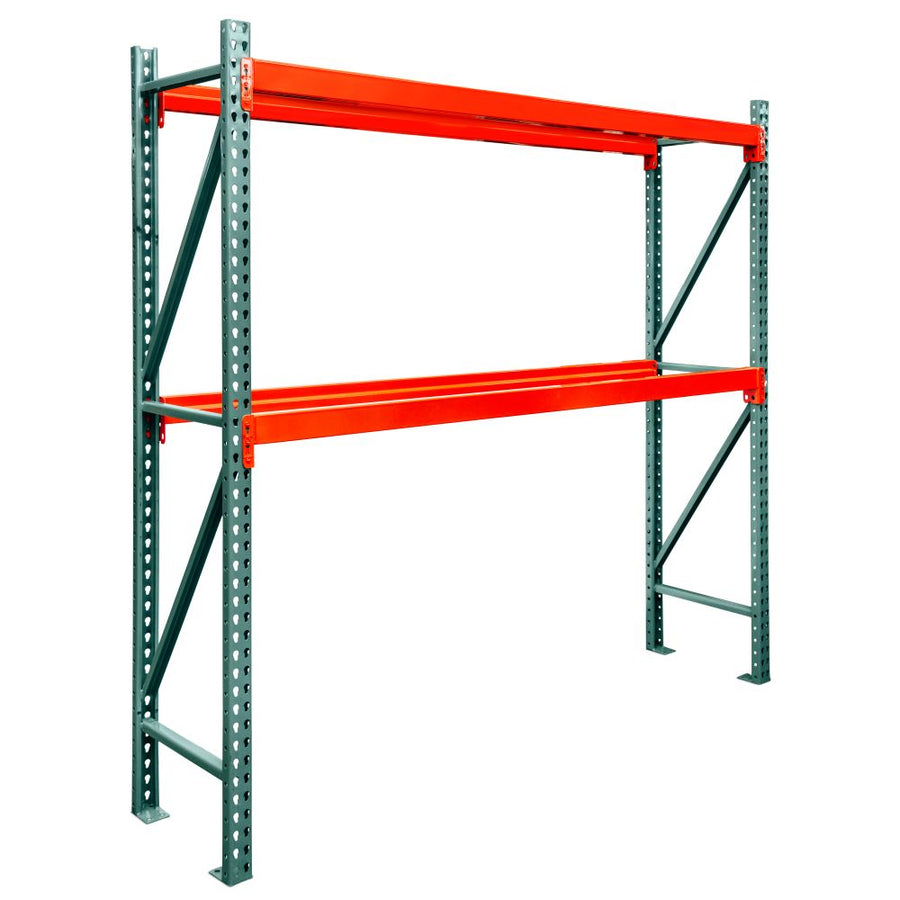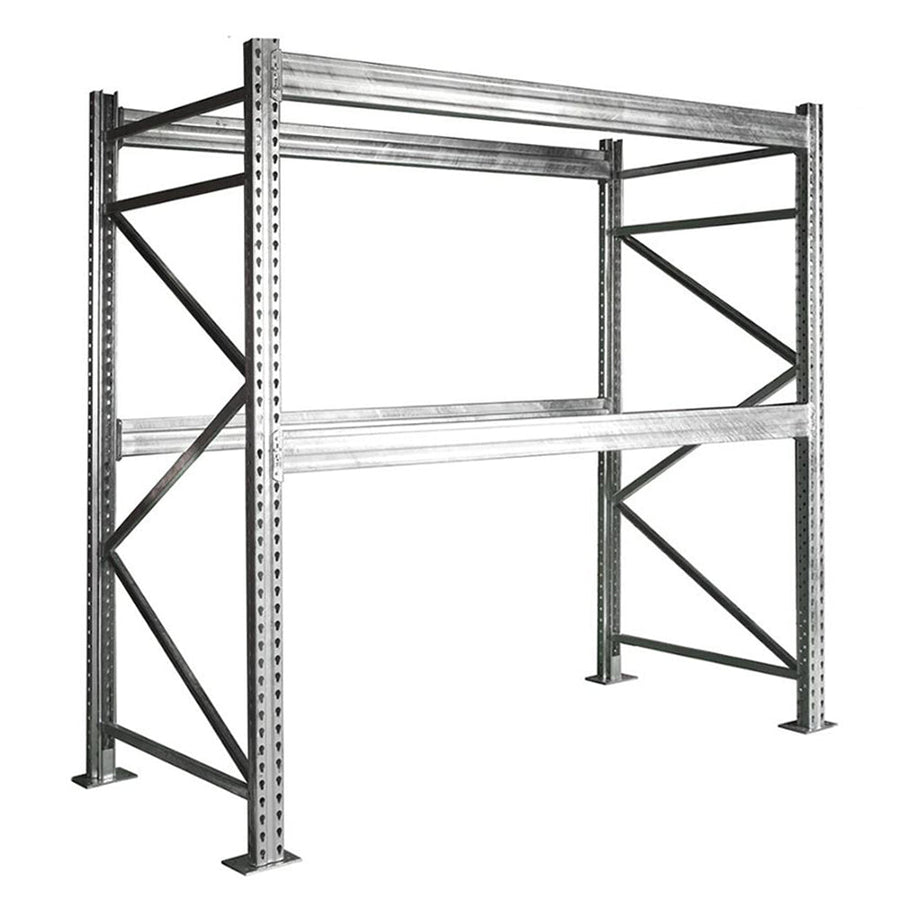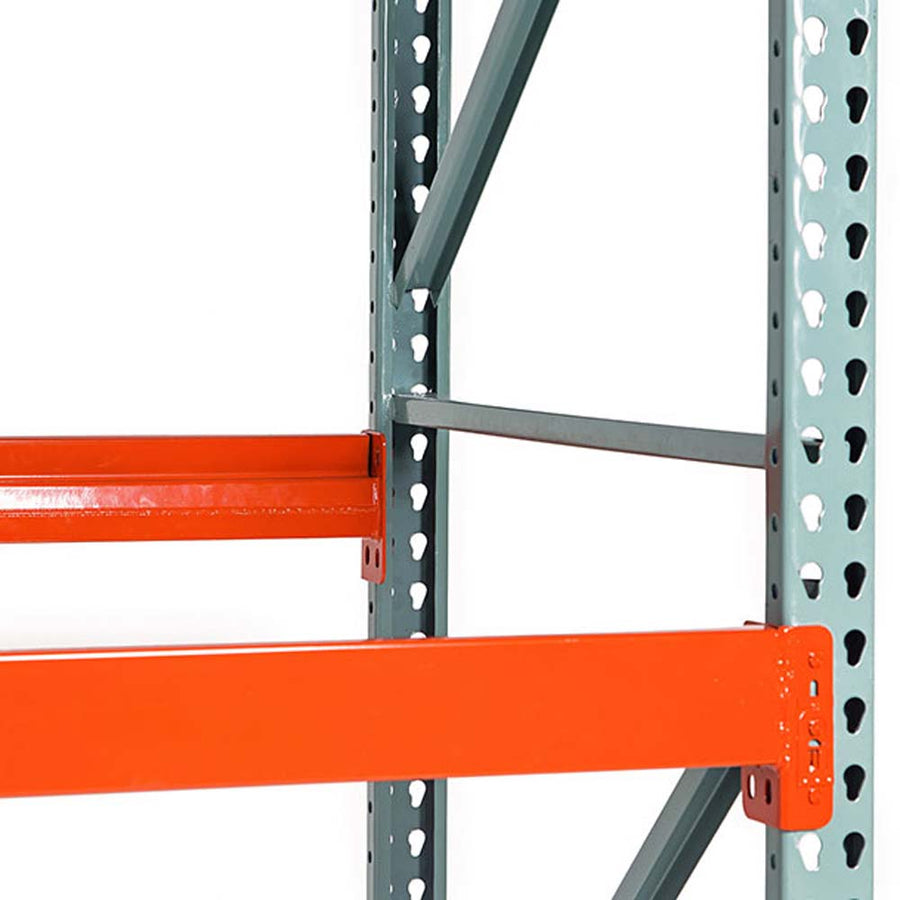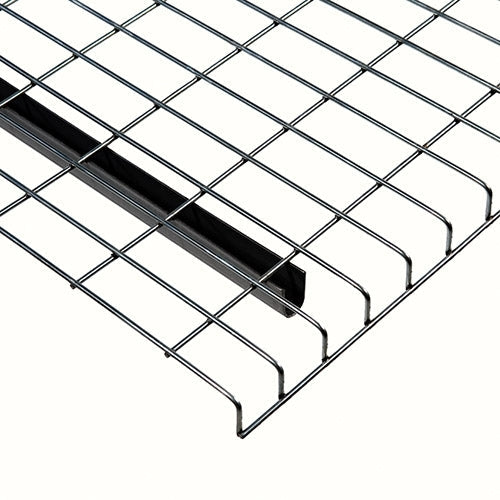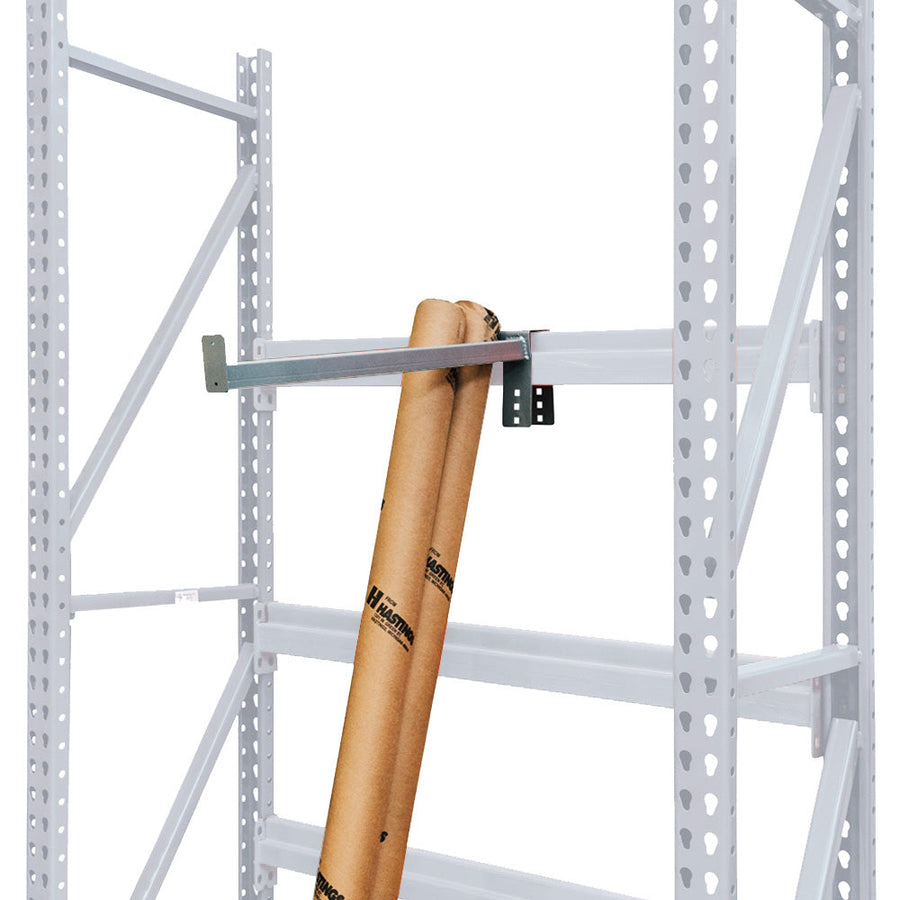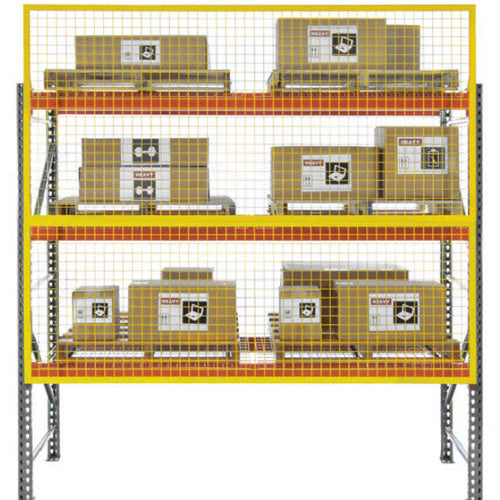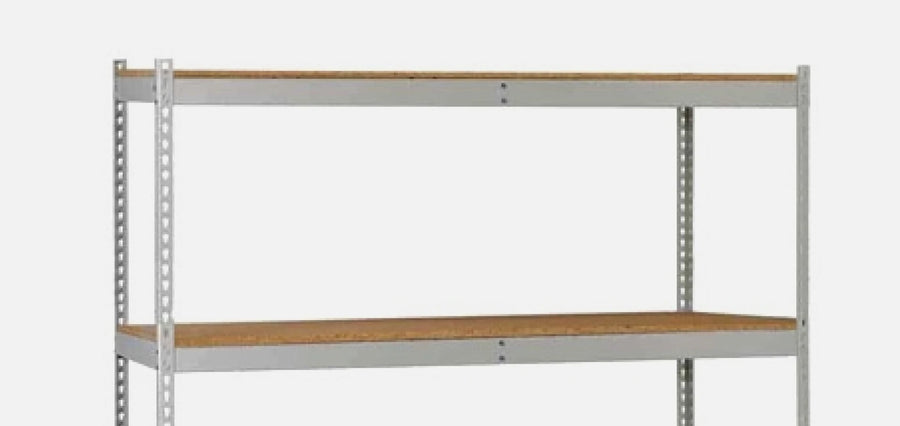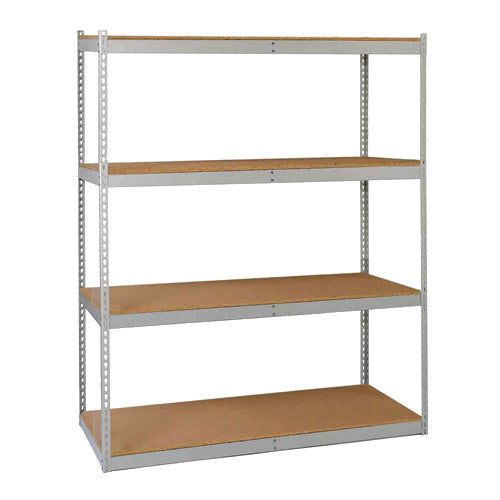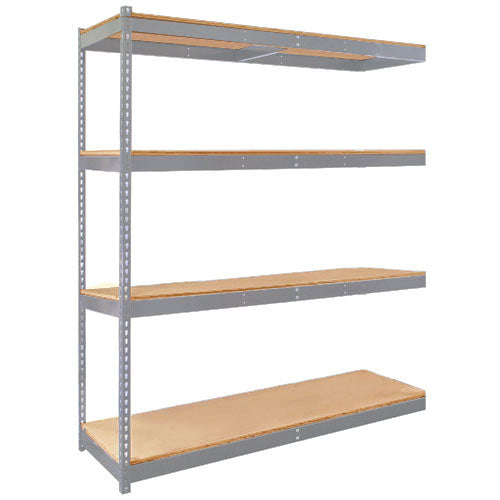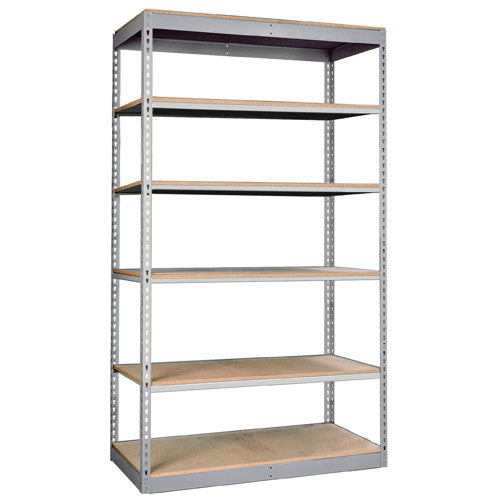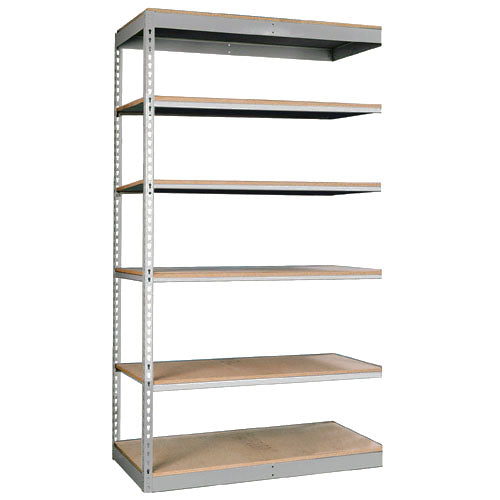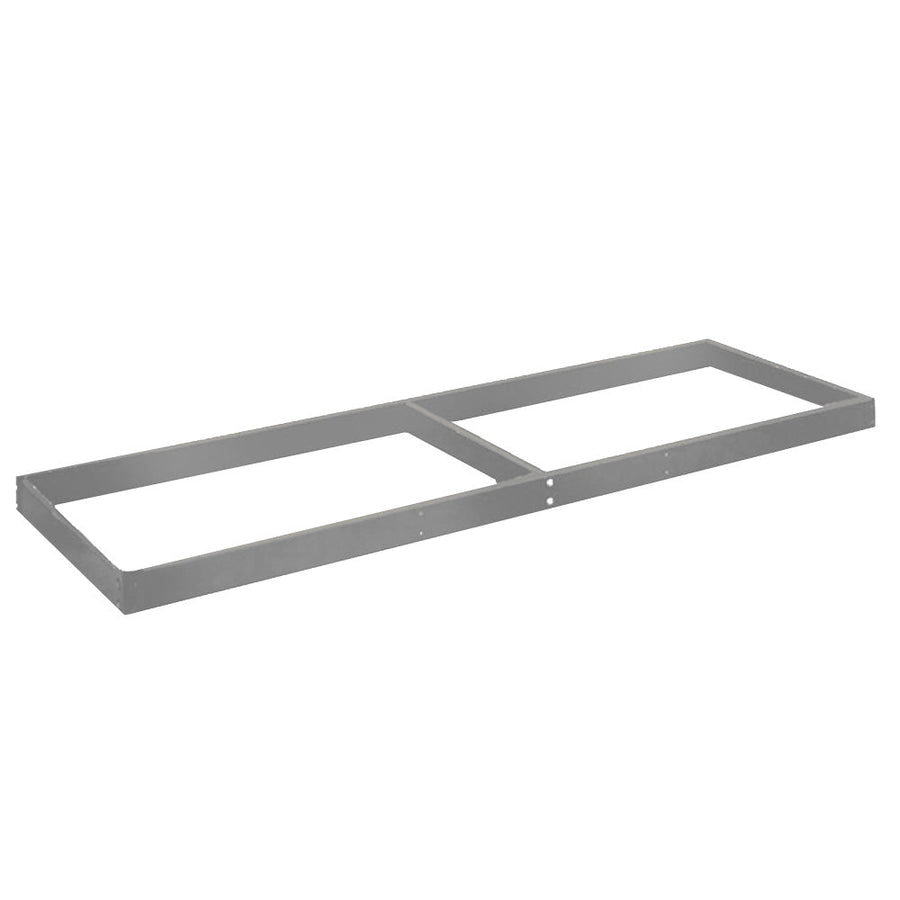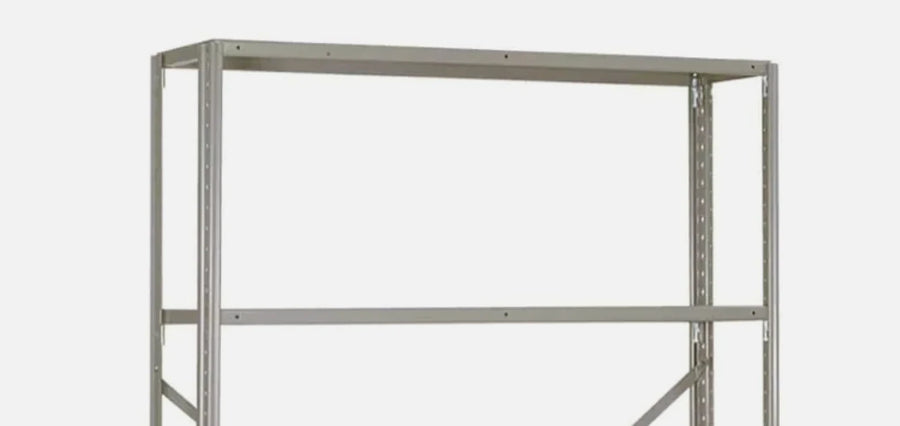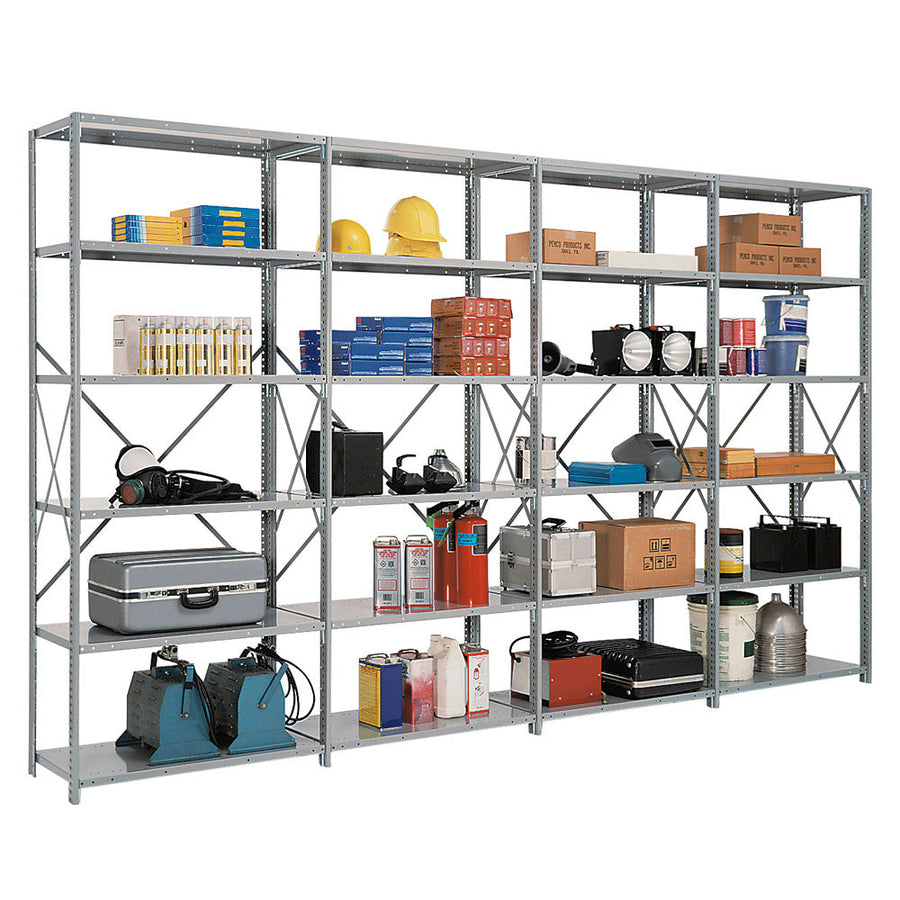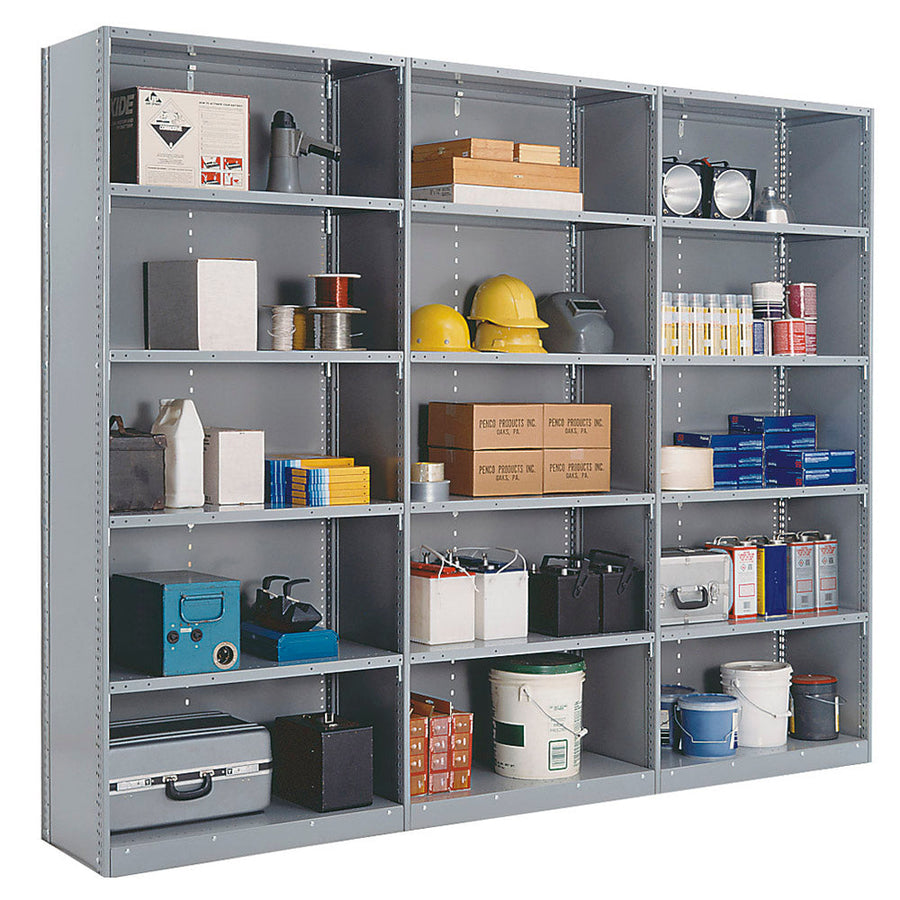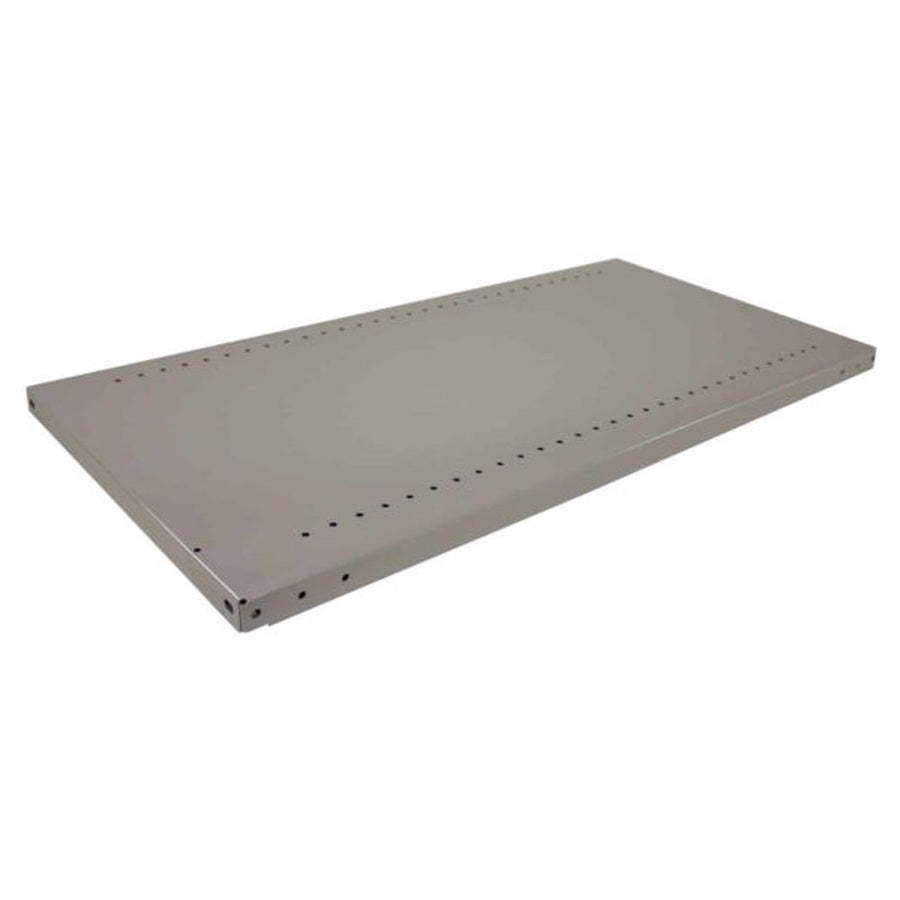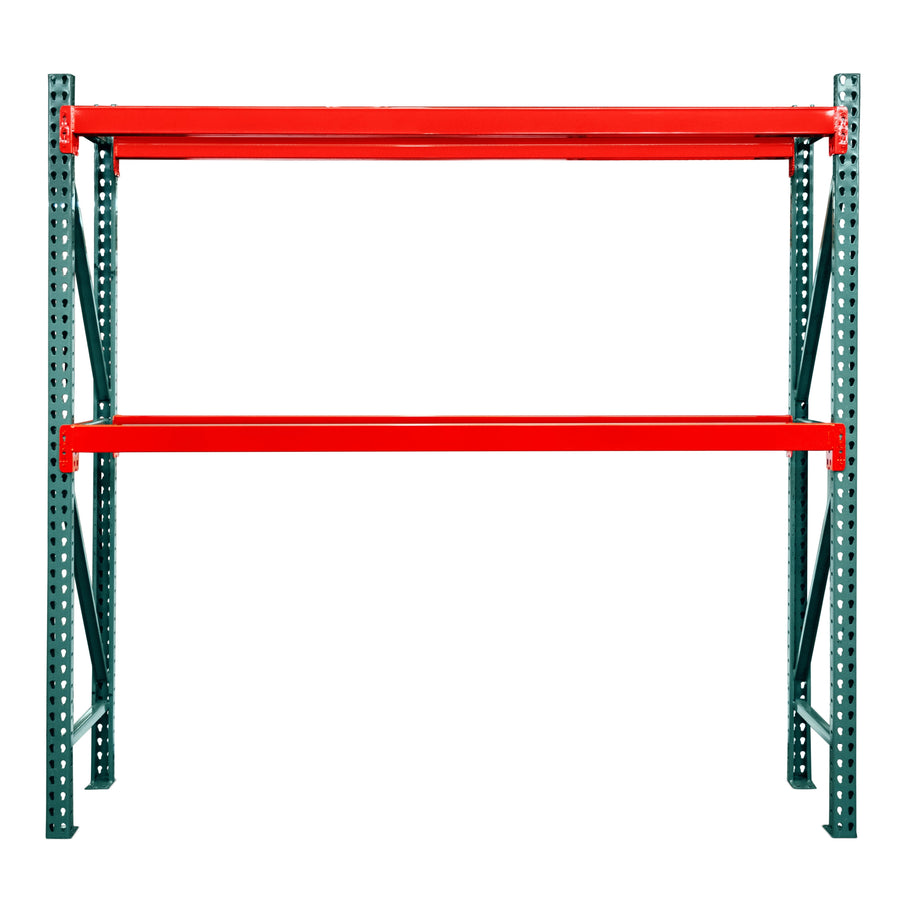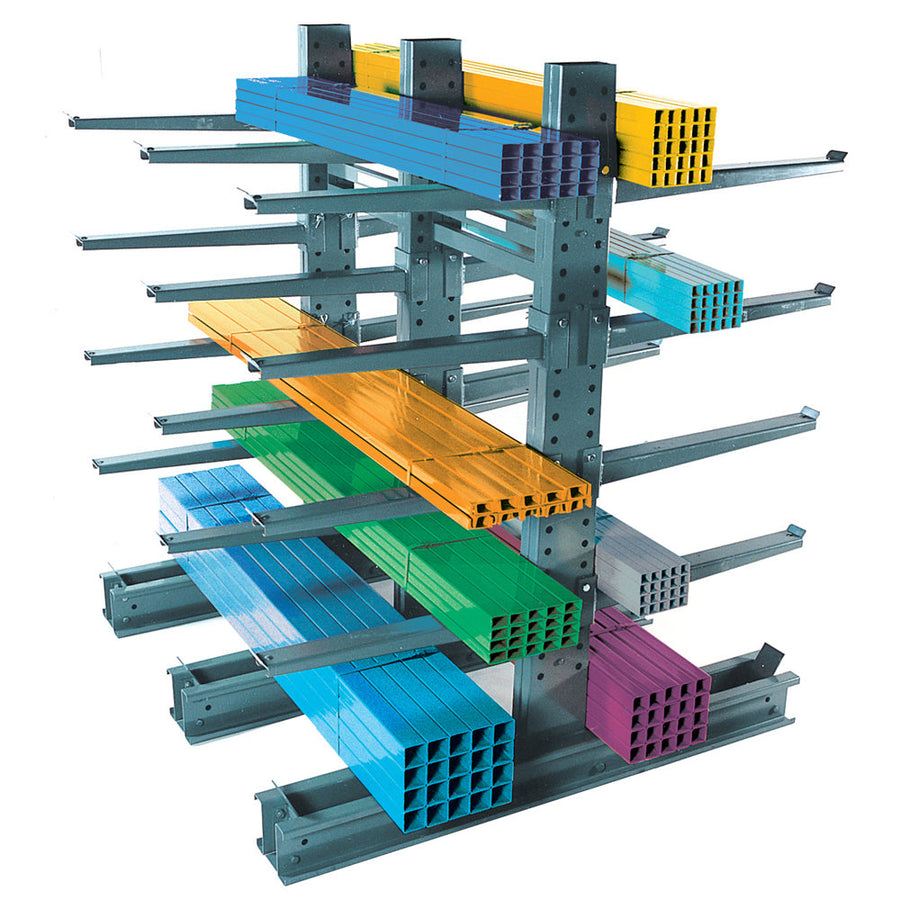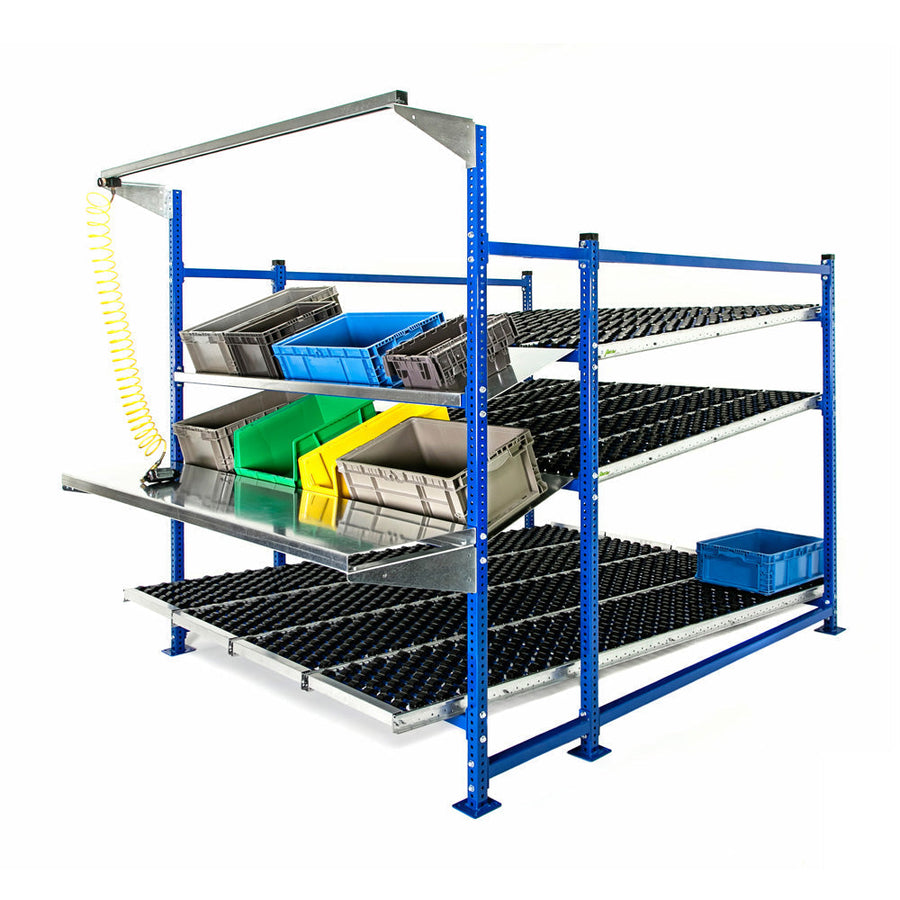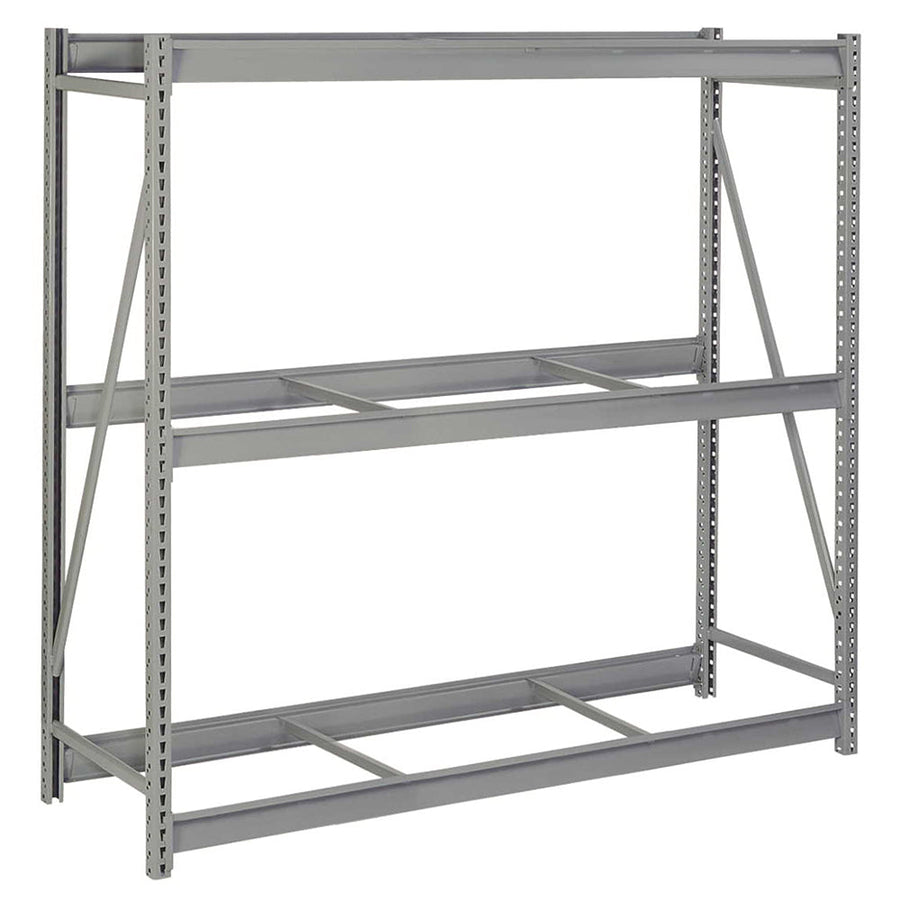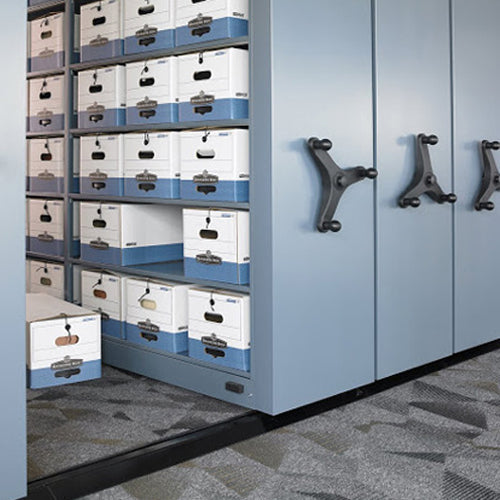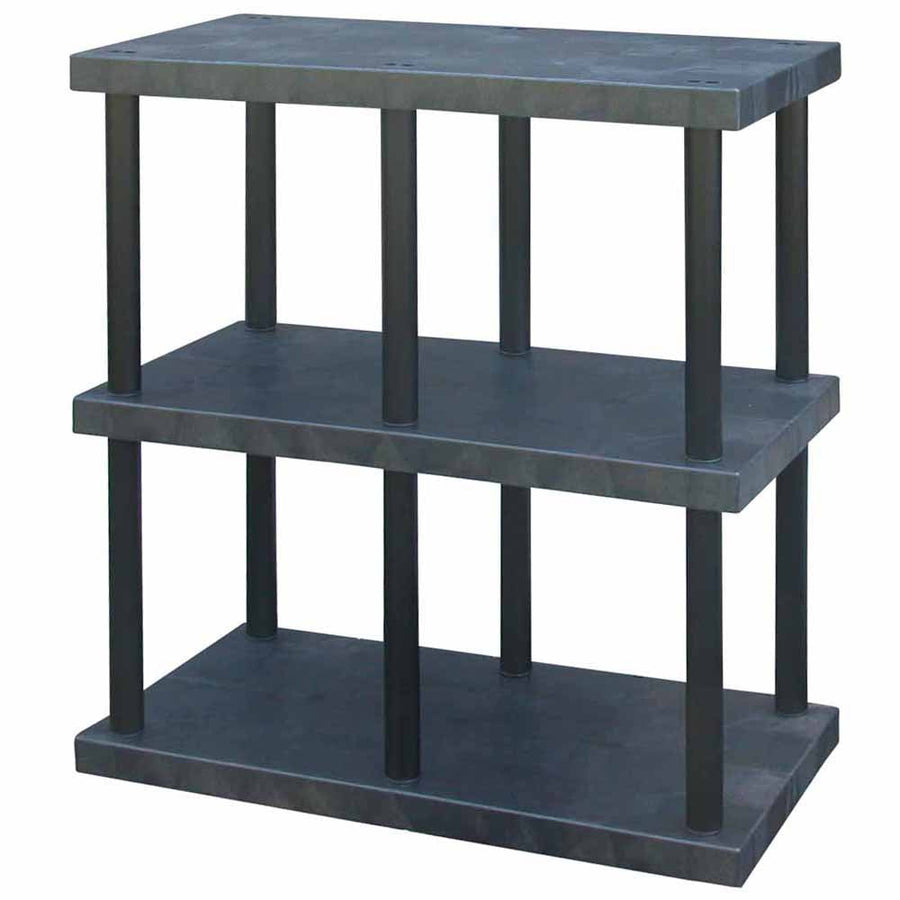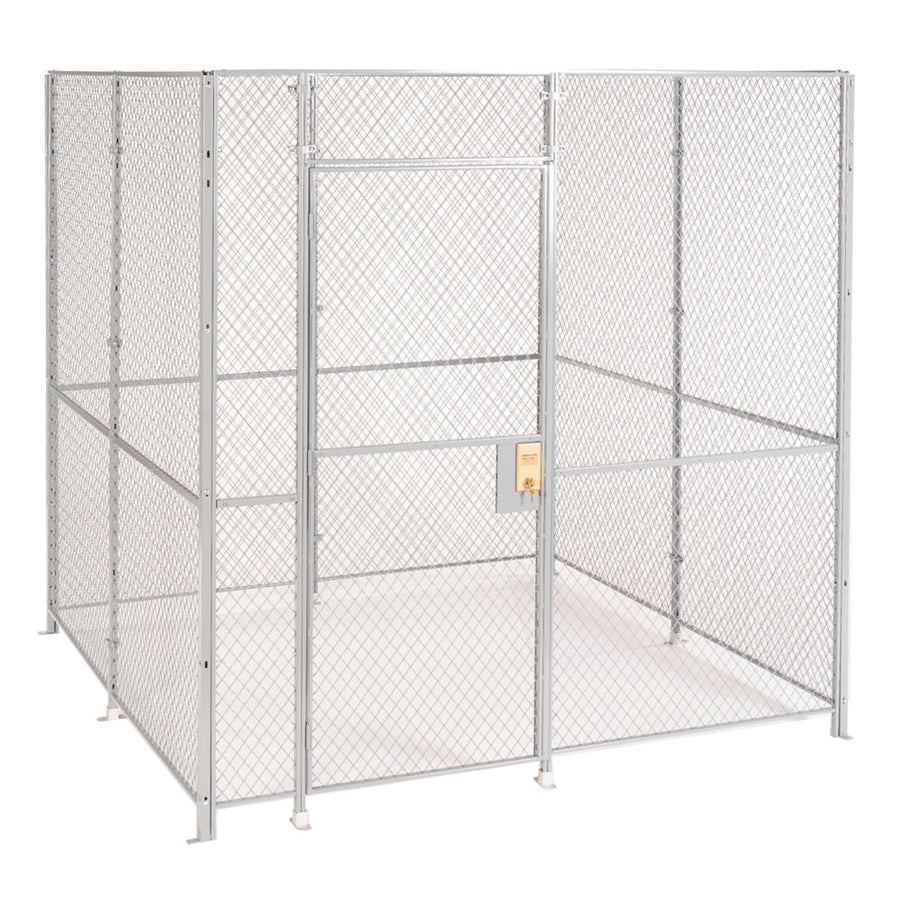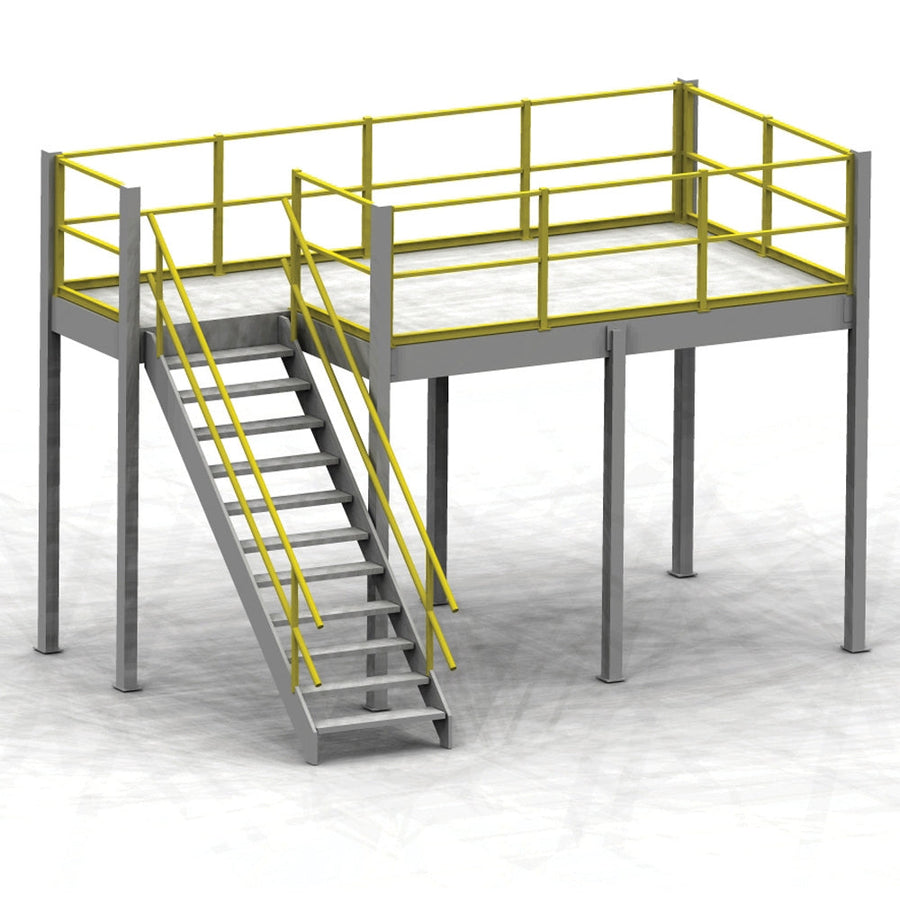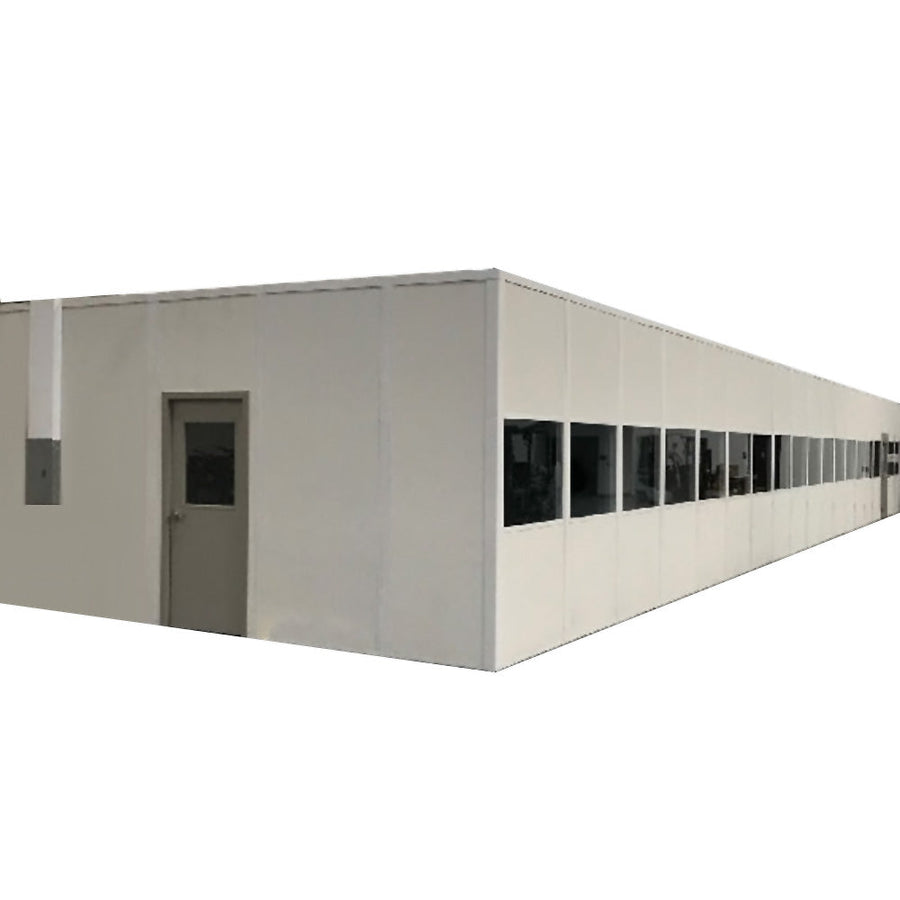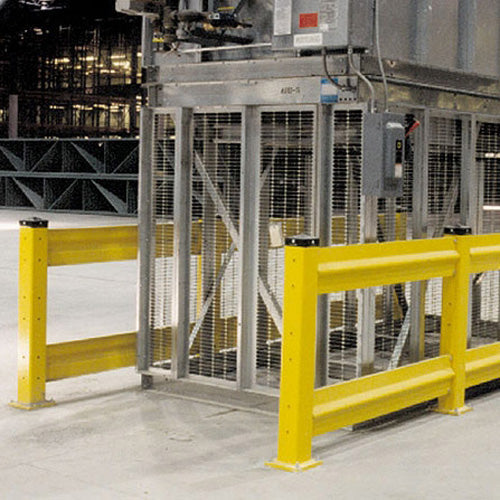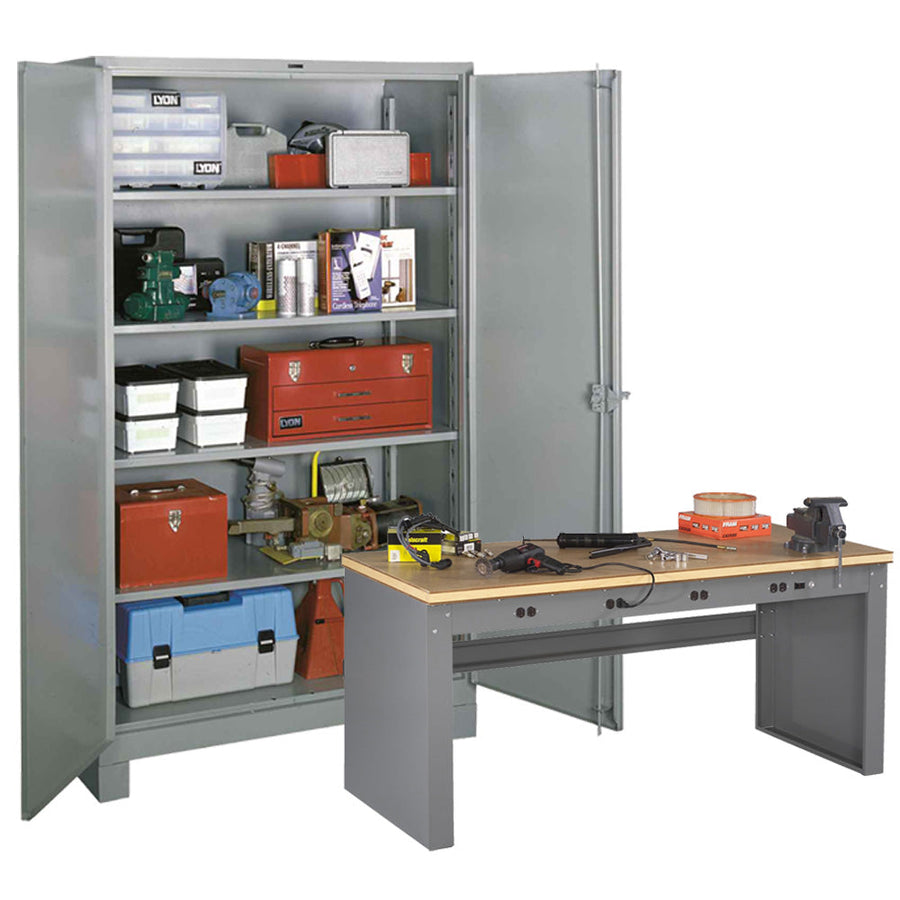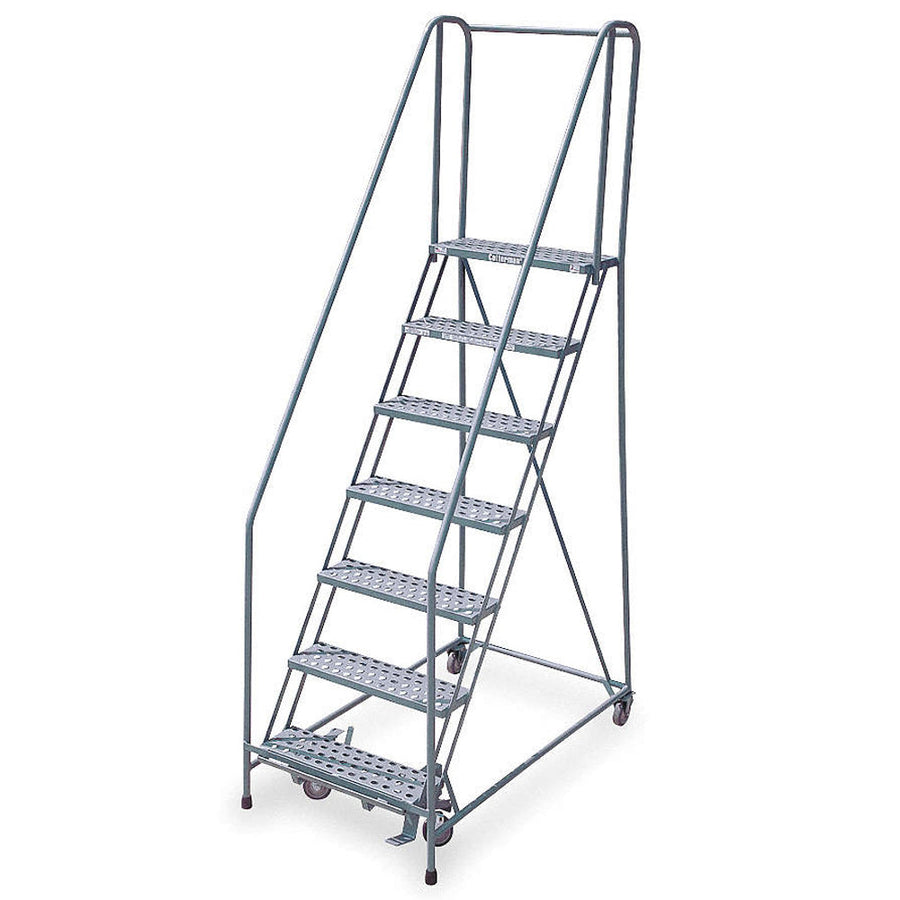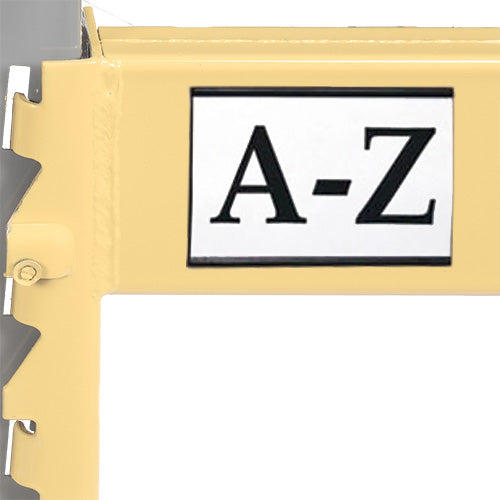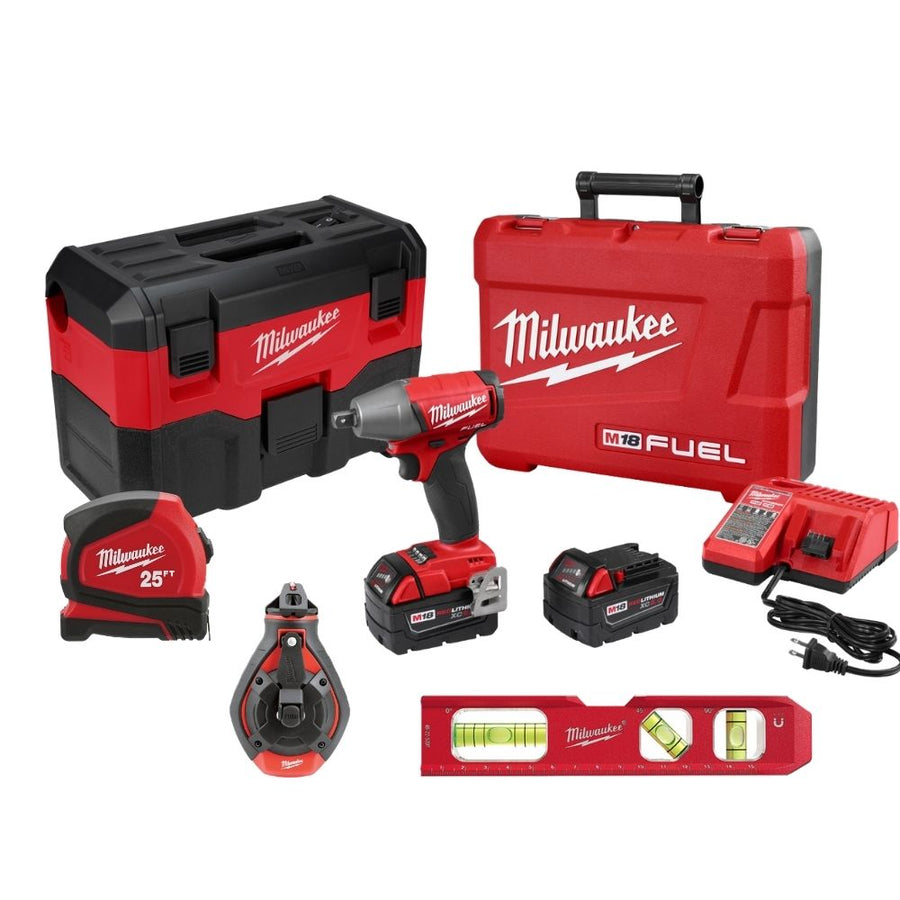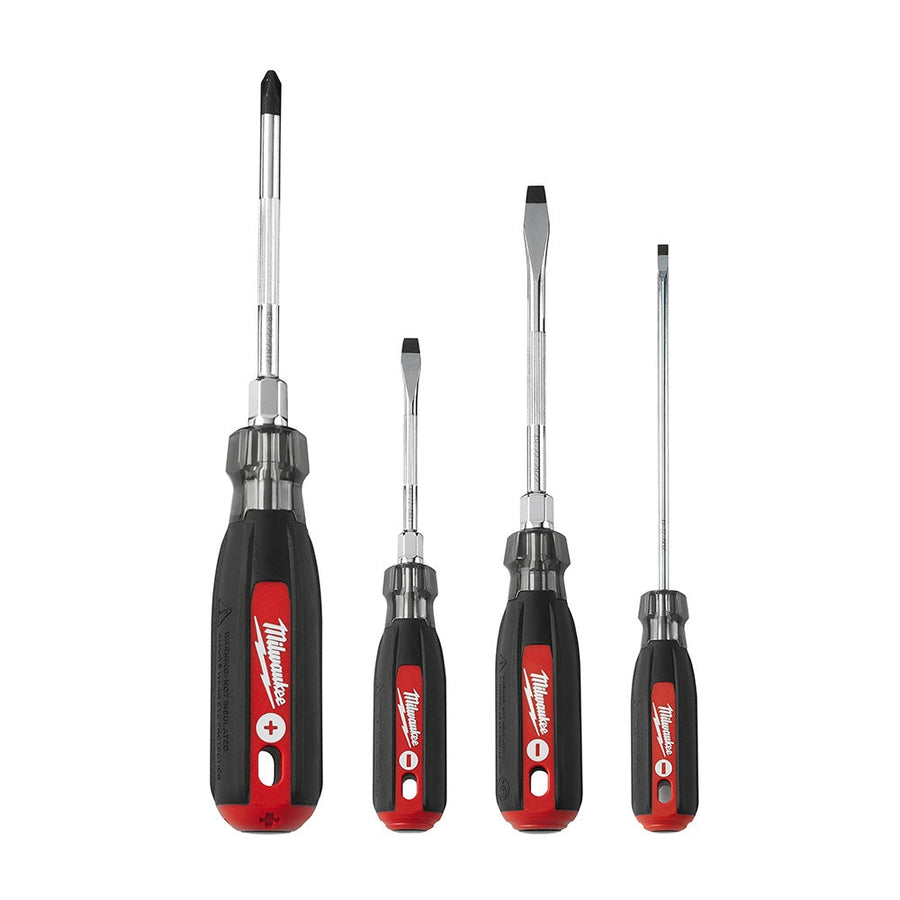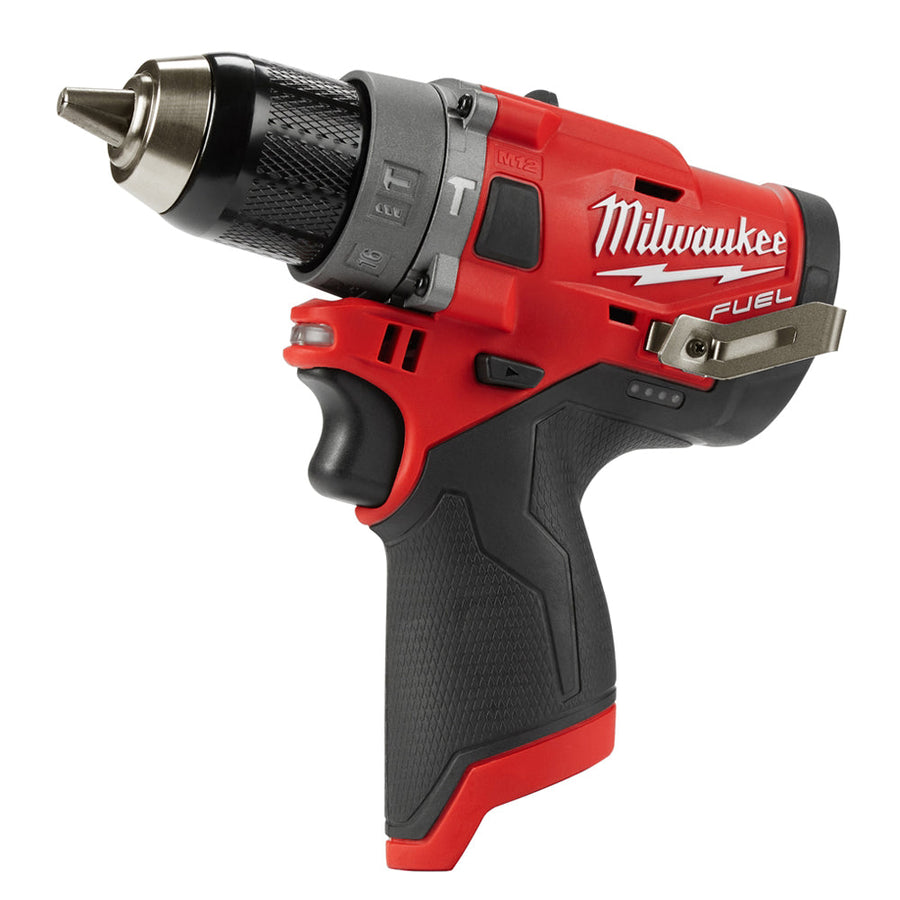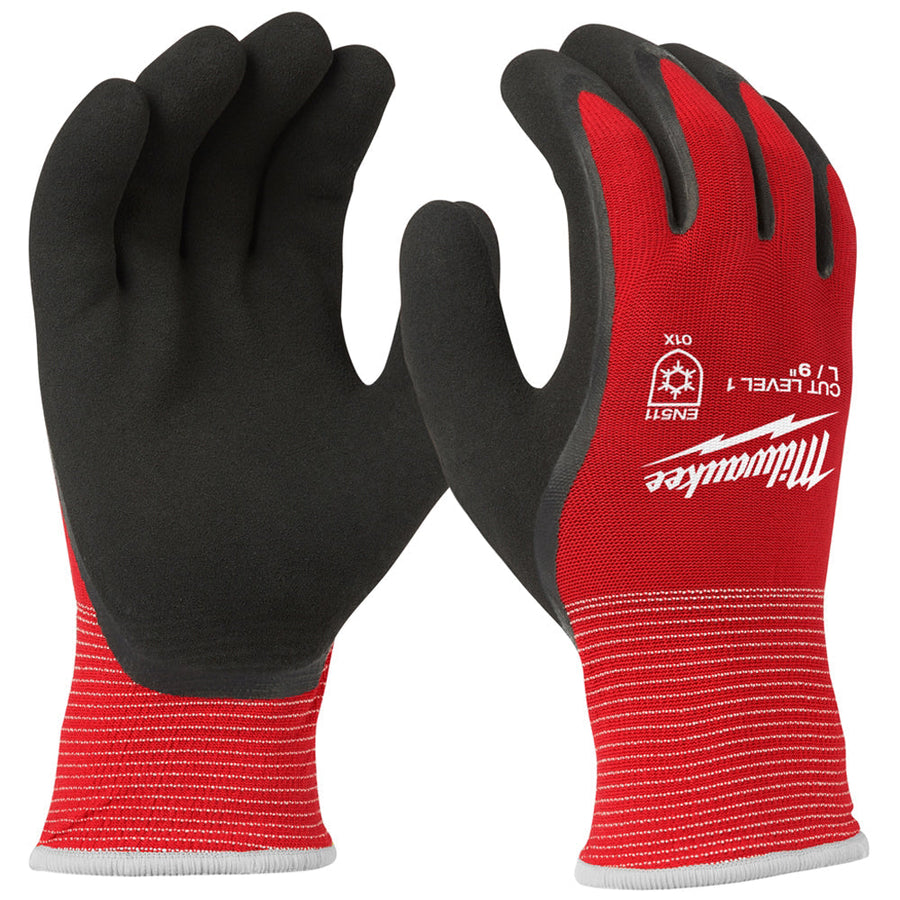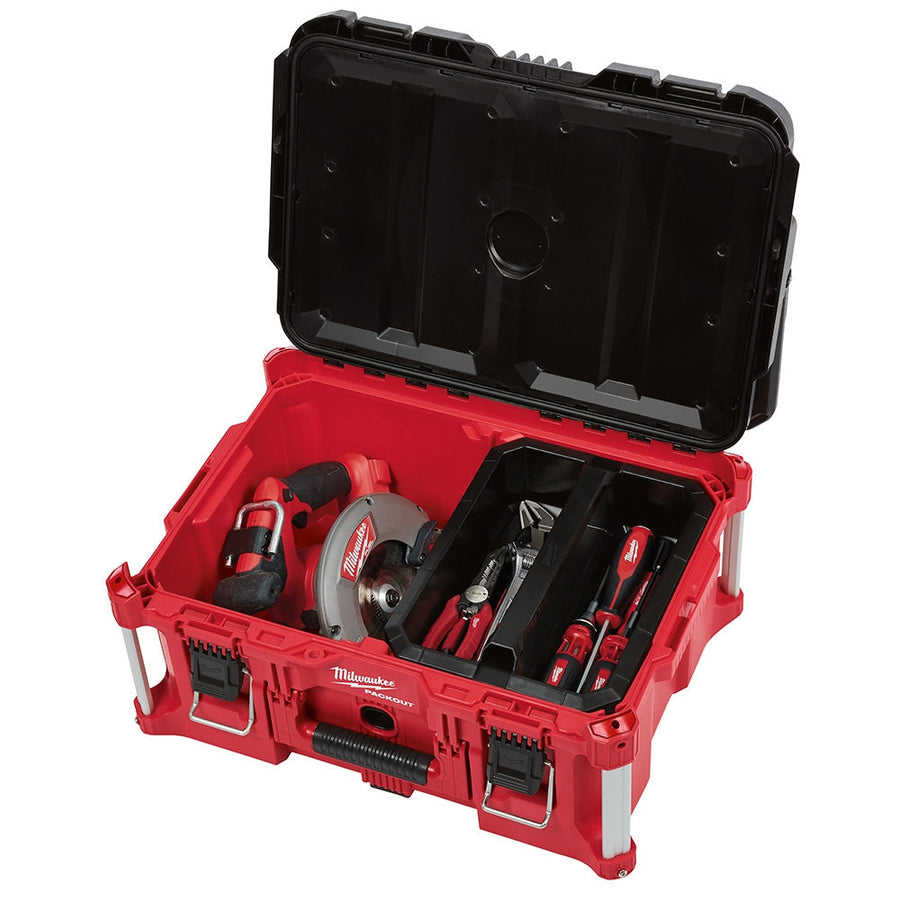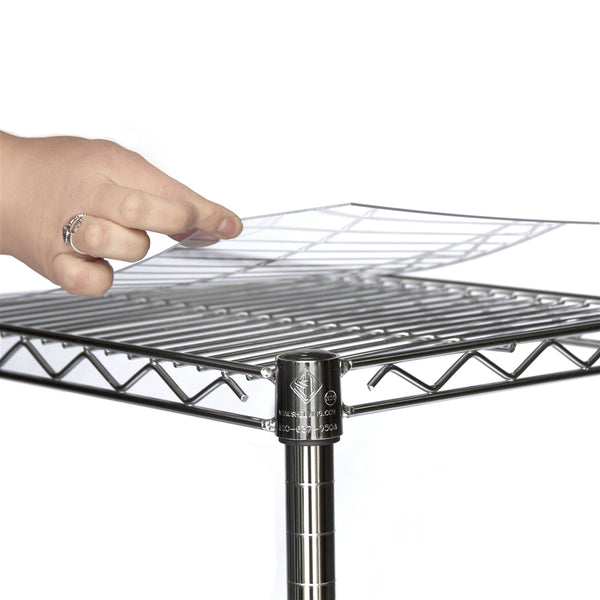In recent years, AI has become a popular topic amongst industries, with many boosting of its abilities to revolutionize your life and business.
While this isn’t always the case, warehousing and logistics is an industry that can actually benefit from the use of AI. In fact, the warehousing and logistics industry has been one of the earliest adopters of this technology.
However, just because someone else’s warehouse has benefitted from the use of AI doesn’t necessarily mean yours will. If you’re considering bringing AI into your warehouse operations, here’s a few questions you can ask to see if it’s the right fit.
How AI Can Help Your Warehouse
Does my warehouse struggle with demand forecasting?
Predicting the demands and sell-through rate of certain products has always been a multifaceted challenge for warehouses of any size. Seasonality, item popularity, supply chain issues, and economic factors can all contribute to the popularity of given items, and these factors can be difficult to keep track of.
Many modern AI algorithms allow you to quickly analyze historical data and market trends to see what items need to be re-ordered, and when. This can have the additional cascading effect of helping you to better organize your warehouse pallet racking to prioritize the items marked as more likely to sell quickly.
Does your warehouse struggle with equipment maintenance?
There’s a lot of tools that go into the daily operations of a warehouse, from powered equipment like forklifts and security doors, to the warehouse storage you use to organize goods, and even the laptops and other devices inside your warehouse offices.
AI can help you schedule the best times for these maintenance, from reminding you to tune up your forklift engines, and even helping you schedule and identify when to replace your teardrop pallet rack parts like decks and uprights.
Are your order picking routes optimized?
Order picking is one of the trickiest parts of successfully running a warehouse. No matter how well-stocked your shelves are, if your team doesn’t have a clear path through the warehouse, it can delay shipments and make your overall operations less efficient.
By letting an AI program help to sequence orders and optimize travel paths, you can actually work to improve efficiency and reduce the risk of mispicks or order errors, by keeping everything in an easily navigable pathway.
Is safety an issue in your warehouse?
Safety concerns need to be paramount in any warehouse, but AI can help you better map more hazardous areas and actions throughout the facility.
AI automation can help with materials handling and stocking parameters, as well as analyzing where traffic issues most often come to a head, and can help you proactively maintain and repair things like industrial guard rails.
If you can answer “yes” to any of these questions, AI just might help make things run a little more smoothly in your warehouse!

